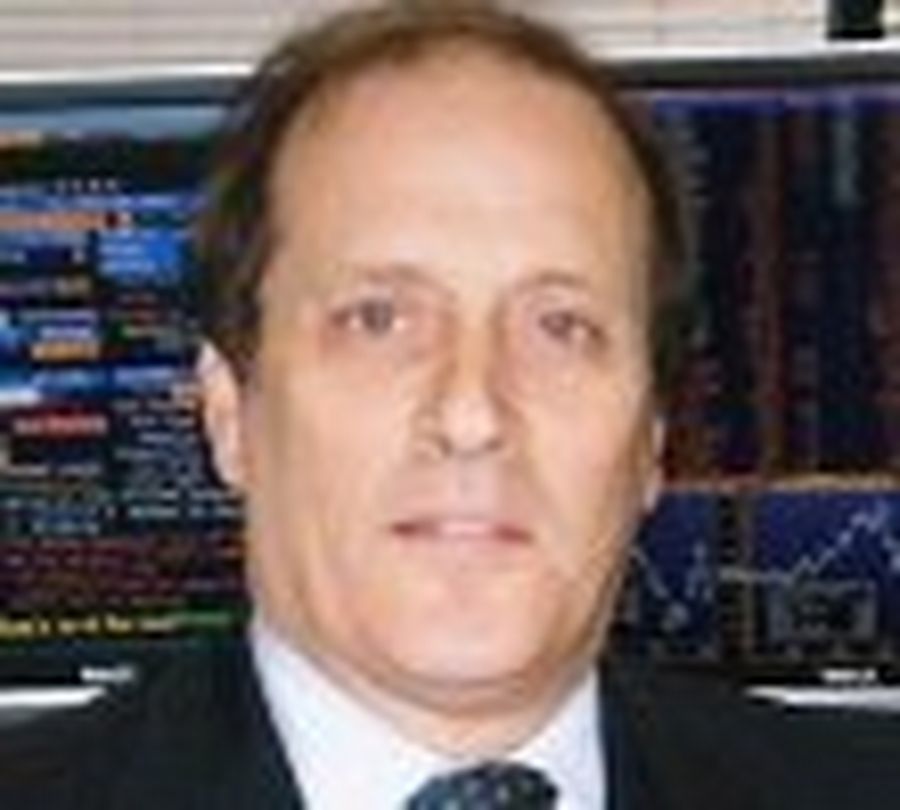….And there was a wailing and a moaning and a gnashing of teeth. Yes, Moody’s hit a raw spot yesterday with its downgrade of Portugal to speculative grade status. Whether or not it was a churlish or even childish thing to at that particular time may be a moot point but the subsequent thrashing of the agency by Eurozone authorities was neither a pretty nor an edifying sight either.
German Foreign Minister Guido Westerwelle defrosted and reheated the old chestnut about the necessity to establish an independent European ratings agency. Dr. Westerwelle is a lawyer and should therefore understand that the object of any hearing is to cut through the taurian faeces of rhetoric on order to arrive at an understanding of the truth. What is said, and by whom, has no bearing on the facts, on what the Germans call the “Tatbestand”.

Anthony Peters, SwissInvest Strategist
The entire concept of establishing a European ratings agency would be precisely so that it is NOT independent. Anyhow, Fitch is 60% owned, in case he had missed that point, by Fimalac, a French owned and Paris listed company. The minority is still in the hands of the Hearst Corporation but for all intents and purposes it is a European shop. Put that in your pipe, Dr Westerwelle, and smoke it.
In an even ritzier move, Michel Barnier, the EU’s financial services commissioner came up with the following: “One can even question the need to rate countries undergoing” international rescue programs “seeing as they benefit from this support and protection”. This is tantamount to suggesting that forming opinions, particularly ones on the probability of a sovereign default, could be banned if they didn’t suit. Goodbye freedom of expression, goodbye democracy. If Kim Jong-il or Aleksandr Lukashenko came up with this sort of idea as to how to deal with uncomfortable opinions, who would be first to condemn them?

German Foreign Minister Westerwelle waves as he leaves a news conference with Greek Foreign Minister Lambrinidis in Berlin
We should remind ourselves – and our politicians – that there is no such thing as a right or a wrong opinion. There might be an opinion which we do or do not agree with but it is an opinion and can therefore never be wrong. What they should be asking themselves is how it has come to be that the investors in hundreds of billions of Eurozone debt repeatedly appear to give more credence to the iterations of the ratings agencies than those of the authorities themselves?
Alas, yesterday saw Portuguese and Irish bonds go into free-fall, giving back everything they had gained since the Greek rescue package was passed by the Eurozone partners – and some – leaving the 10-years in both markets wrapped around 12%. This was probably a bit radical but since bottom pickers in Greece have had their rear ends handed to them again and again, many institutions can’t see a risk-reward in stepping into either Ireland or Portugal. Best just sell it, get out and try to make money elsewhere.
BALTIC FREIGHT RATES AND OVERCAPACITY
Somewhat perchance, I was looking at Baltic freight rates yesterday which looked pretty flat, not indicating much of the pick-up in the global economy which seems to continuing at its gentle pace. The composite Baltic Dry index has averaged US$1,377 since the beginning of the year and closed yesterday at US$1,443.
However, I tripped over a report this morning which tells that the idle carrying capacity has dropped to 80,000 containers. That means that vessels which had been mothballed since the 2008 rout are now being brought back into service again prompting chronic overcapacity. I therefore suggest that using the freight indices as a leading indicator for economic activity will be of little value for the foreseeable future. Shame; it always looked so good. We’ll just have to stick to some traditional ones: watch for the US Bureau of Labor Statistics’ reports tomorrow. Consensus is for total NFP to rise by 100,000 and manufacturing to rise by 5,000. I sense – I don’t know why – that they might prove to be better than that.
